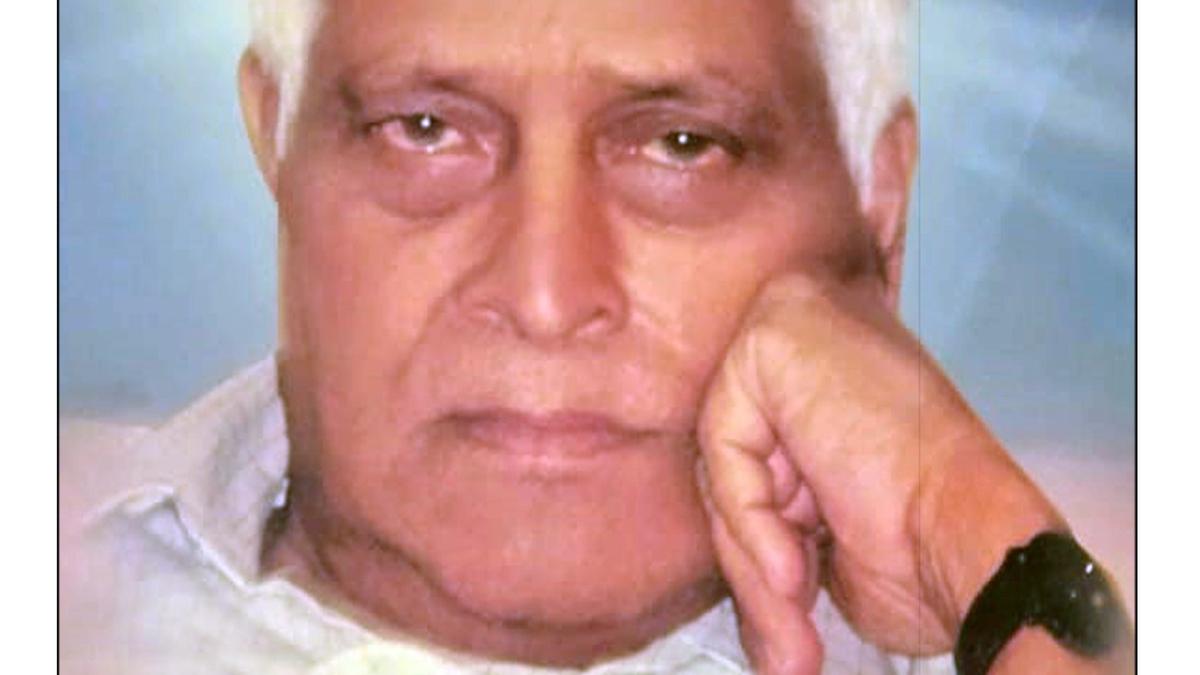The Border Security Force (BSF) is raising a maiden "drone squadron" for deployment along the India-Pakistan border even as it has begun "hardening" its defences and posts against lethal UAV attacks in the wake of lessons drawn during Operation Sindoor.
The squadron, to be based in specific border outposts (BoPs) at this front, will comprise an assortment of reconnaissance, surveillance and attack drones or unmanned aerial vehicles (UAVs) and specially-trained personnel who can operate these machines, official sources in the security establishment said.
The squadron will be navigated by a control room based in the western command headquarters of the BSF in Chandigarh, the sources said. The BSF is primarily tasked to guard the India-Pakistan international border (IB).
The decision to raise the unit was taken after a recent review of the strengths, weaknesses and threats facing the force post-Operation Sindoor.
The operation was launched by India to strike at terrorist and defence bases in Pakistan and Pakistan-occupied Kashmir (PoK) as a retaliation against the Pahalgam attack of April 22 in which 26 people, mostly tourists, were killed in the Baisaran meadows.
The BSF actively participated in the operation, launched on May 7, along with the Army.
Pakistan sent thousands of drones, including a swarm of these flying objects, in response to Operation Sindoor to target Indian bases as well as civilian areas along the western front.
On May 10, a bomb-laden Pakistani drone dropped explosives at its border post Kharkola in the RS Pura sector of Jammu. Two BSF personnel and an Army jawan deployed at the post were killed while four troops were critically injured, with one of them undergoing a leg amputation during treatment.
Sources said the BSF drone squadron will be located in a specific number of BOPs located along the more than 2,000-km-long India-Pakistan border running from Jammu in the north to Punjab, Rajasthan and Gujarat on the western side of the country.
The squadron will be equipped with a variety of small and large surveillance, reconnaissance and attack drones that will be launched during operations or any 'hot war' like situation similar to Operation Sindoor, the sources in the security establishment said.
A small team of about 2-3 personnel each will be deployed in "vulnerable and specified" BOPs. Some drones and gadgetry are being procured for the maiden squadron and the personnel chosen for the task are being trained in batches, they said.
The BSF, learning from the May 10 drone attack, has also begun hardening its defences and bunkers, along the border with Pakistan to fend off attacks in which enemy drones cross over and drop bombs and explosives.
The roofs and walls of the BOP bunkers are being strengthened using alloy sheets. Some more measures are being taken to fortify the posts that are vulnerable to drone attacks, sources said as they refused to elaborate, citing operational confidentiality.
A BSF officer deployed along this front added that the force is in touch with defence research and intelligence agencies to deploy counter-drone machines at select border posts so that "rogue or armed drones" flying in from across the frontier can be neutralised.
Union Home Minister Amit Shah had said that the BSF destroyed more than 118 Pakistani posts and "completely dismantled" their surveillance system during Operation Sindoor.



.png)
.png)
.png)
















 7 hours ago
4
7 hours ago
4







 English (US) ·
English (US) ·